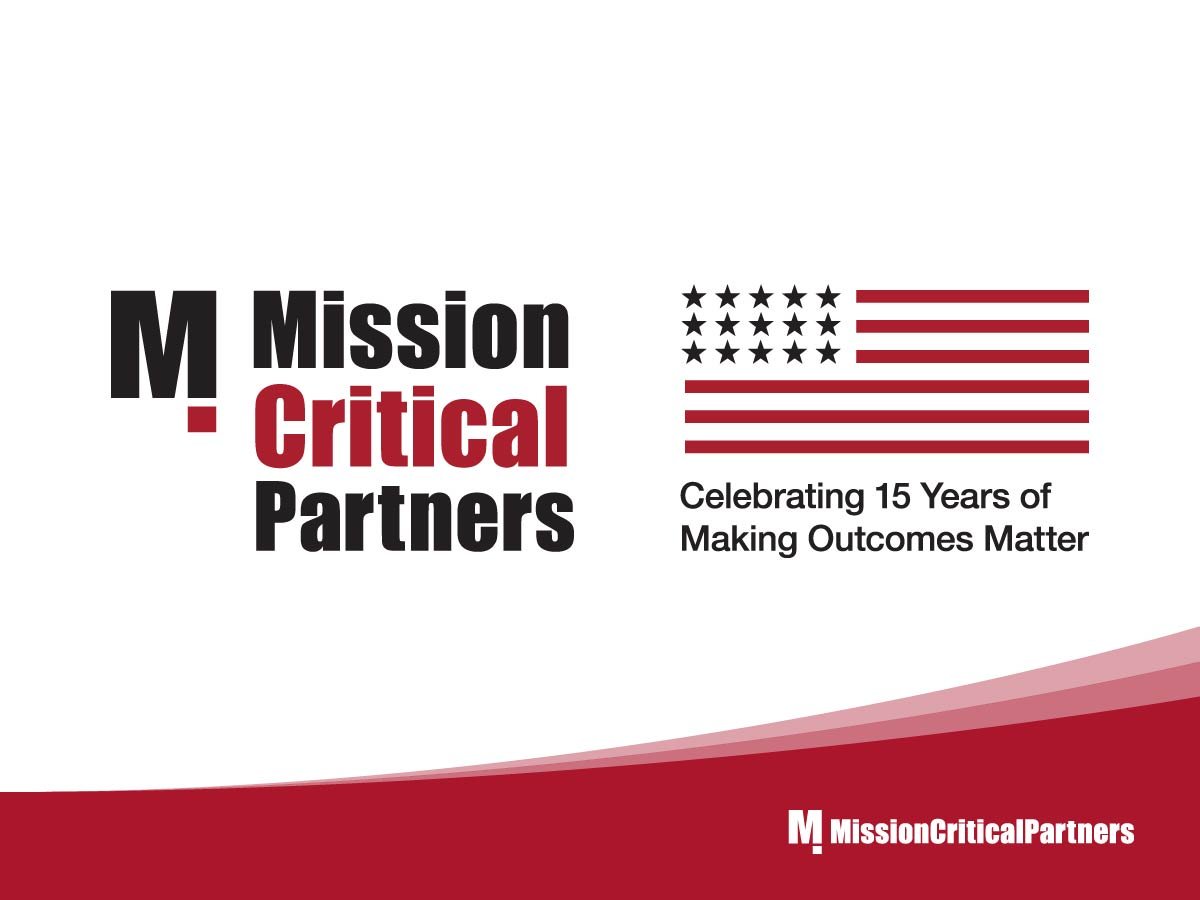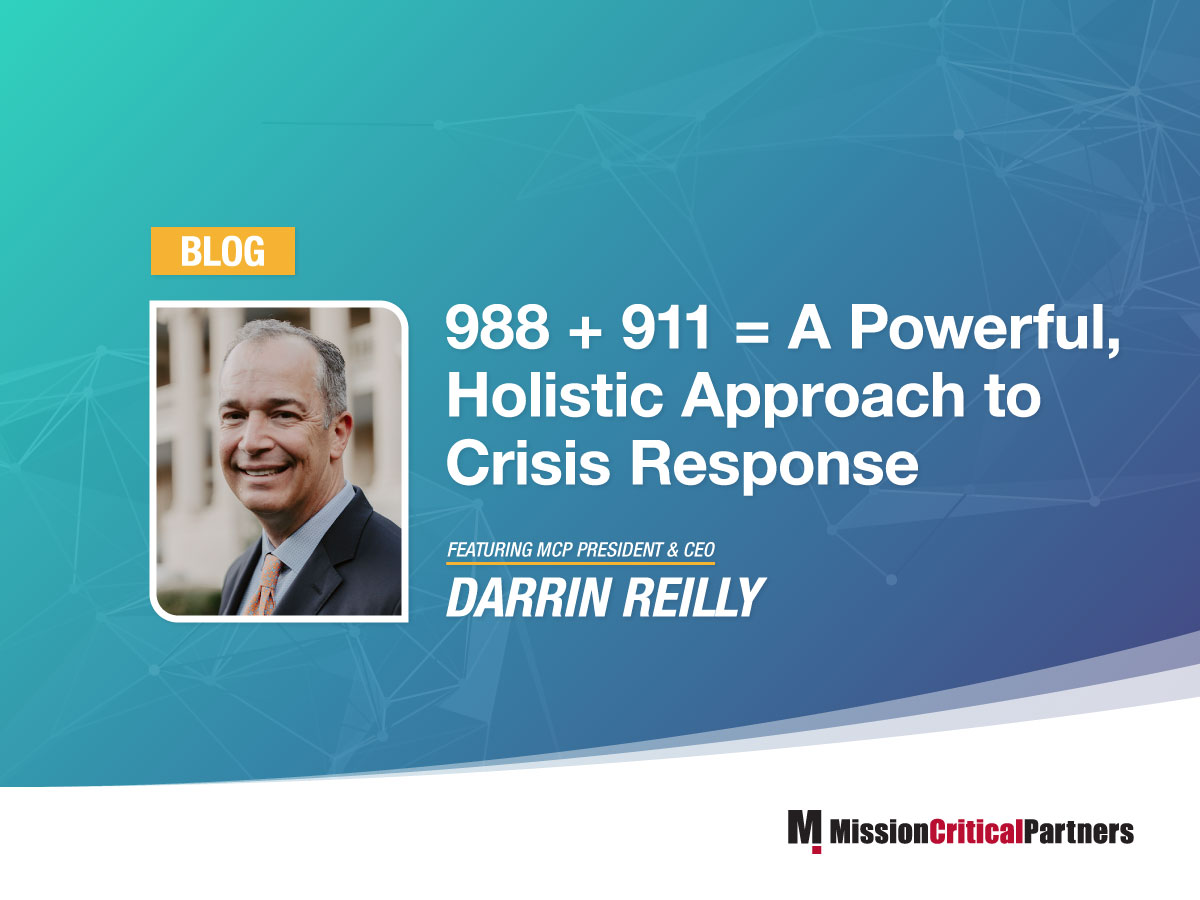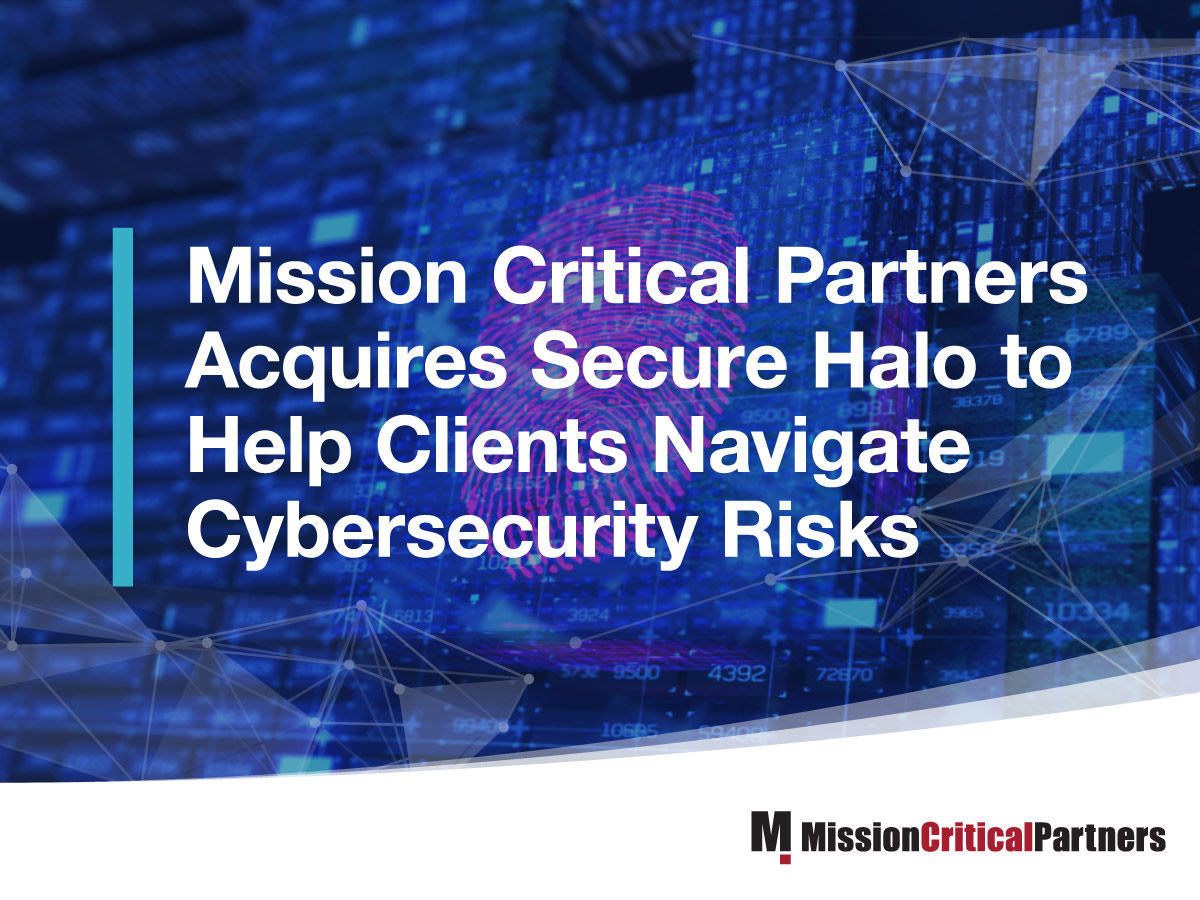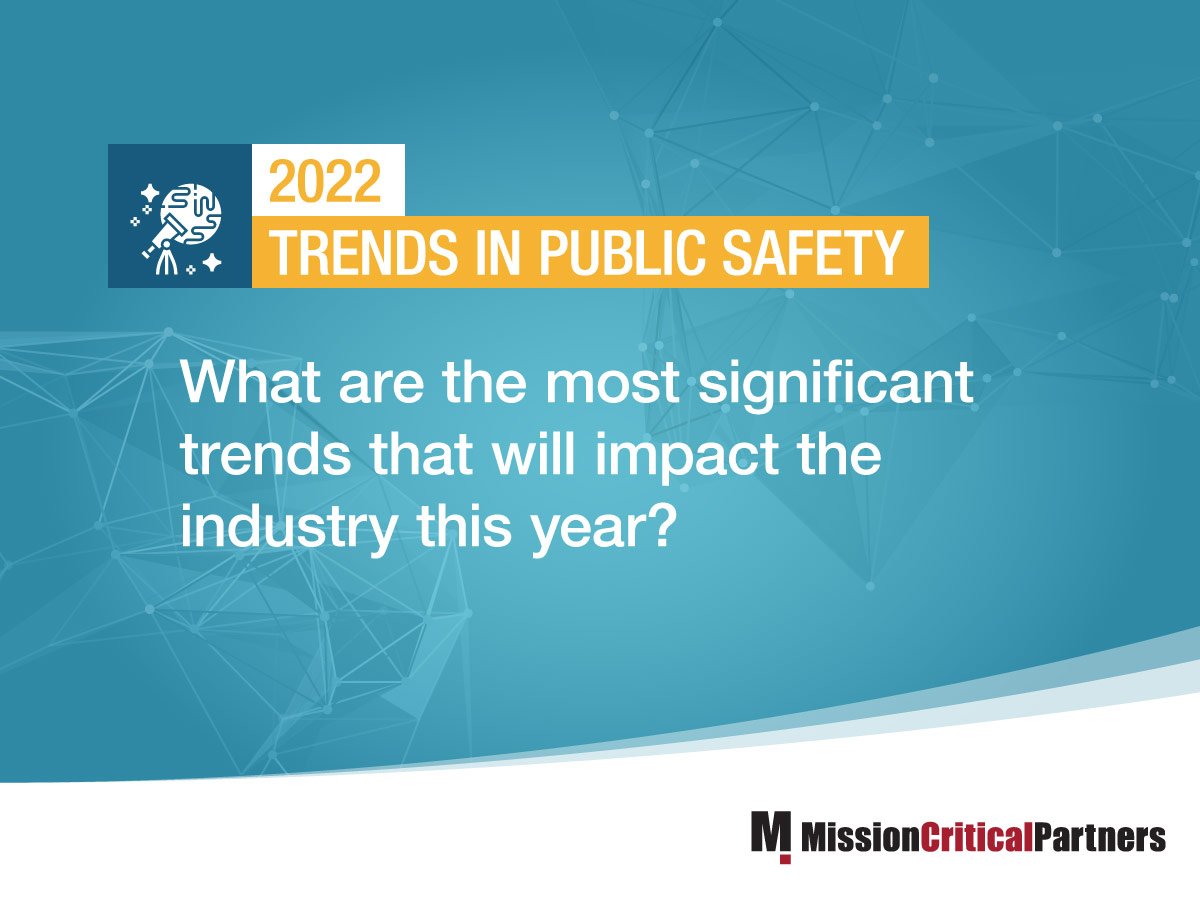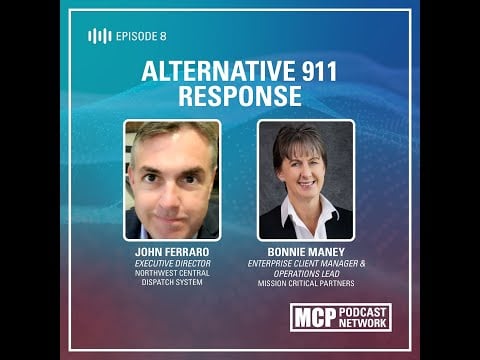For more than a half century, the 911 system in the United States has performed admirably, saving countless lives in the process. But today it needs some work. A migration to Next Generation 911, which represents a quantum leap forward in terms of capabilities compared with the legacy 911 system, is what we hear about most often. But several other key aspects require equally rapt attention.
Recently I participated in a podcast with Laurie Flaherty, the recently retired coordinator of the National 911 Program, and John Chiaramonte, president of Mission Critical Partners' consulting business, in which a few of the most pressing needs were discussed. (Click here to view the podcast, or view it as video here.)

